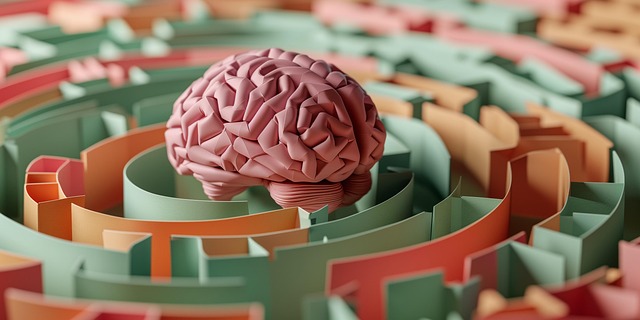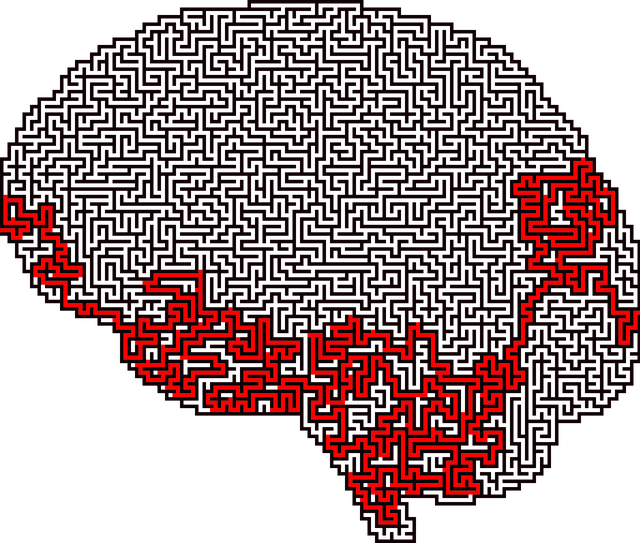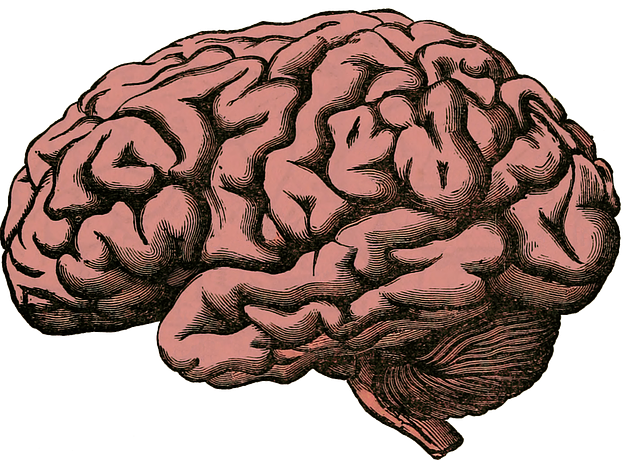Emotional Intelligence (EI) is a game-changer for individuals with ADHD, offering tailored strategies through Centennial ADD-ADHD evaluations and therapy. This process combines mental health awareness with Mind Over Matter principles, improving emotional regulation, decision-making, and stress management. By gaining insights into emotional responses, individuals build resilience and enhance well-being, mitigating risks of untreated mental health conditions. Through mindfulness, CBT, and self-care routines, therapy fosters healthier relationships and emotional healing in both personal and professional settings.
Emotional intelligence (EI) is a powerful tool for navigating life’s challenges, fostering meaningful connections, and achieving personal growth. This article explores the significance of EI, delving into its key components and how it impacts our daily interactions. We focus specifically on individuals with ADHD/ADD, discussing unique challenges they face in emotional regulation and providing practical strategies to enhance EI through therapy and self-care practices, ultimately aiming for improved mental well-being and successful Centennial ADD-ADHD evaluations.
- Understanding Emotional Intelligence and its Significance
- Identifying and Overcoming Challenges in Emotional Regulation for ADD/ADHD Individuals
- Strategies for Enhancing Emotional Intelligence through Therapy and Self-Care Practices
Understanding Emotional Intelligence and its Significance

Emotional intelligence (EI) is a powerful concept that has gained significant traction in recent years, especially within the context of mental health awareness. It refers to an individual’s ability to recognize, understand, and manage their own emotions, as well as empathize with and influence the emotions of others. This skill set is not just about being aware of feelings; it involves effective communication, strong interpersonal relationships, and the capacity for self-regulation. For individuals with conditions like ADD/ADHD, developing emotional intelligence can be a game-changer. Centennial ADD-ADHD evaluations and therapy play a crucial role in this process by helping to identify areas where emotional regulation may be challenging and providing tailored strategies to enhance it.
The concept intertwines with Mind Over Matter principles, suggesting that by cultivating self-awareness exercises and practicing mental health awareness, individuals can gain profound insights into their emotional responses. This understanding is essential for navigating life’s complexities and fostering healthier relationships. It empowers people to make more thoughtful decisions, manage stress effectively, and build resilience, thereby improving overall well-being. Through therapy and evaluation, one can uncover the roots of emotional challenges and learn valuable tools to promote positive emotional intelligence.
Identifying and Overcoming Challenges in Emotional Regulation for ADD/ADHD Individuals

For individuals with Attention Deficit Disorder/Hyperactivity Disorder (ADD/ADHD), emotional regulation can present unique challenges. This is often due to differences in brain wiring and neurochemicals, which can make it difficult to process and respond to emotions effectively. As a result, they may struggle with impulse control, difficulty focusing on tasks requiring prolonged emotional engagement, and heightened vulnerability to stress and anxiety.
Centennial ADD-ADHD evaluations and therapy play a crucial role in identifying these challenges early on. Through comprehensive assessments, mental health professionals can tailor interventions to support individuals in developing better emotional regulation strategies. This might include mindfulness practices, cognitive behavioral therapy, or structured behavioral interventions designed to enhance self-awareness, manage impulses, and maintain focus. Additionally, addressing these issues is essential for preventing burnout among healthcare providers, as it impacts their ability to deliver quality care, which is a key aspect of any Mental Health Policy Analysis and Advocacy. Moreover, effective emotional regulation strategies can contribute to overall well-being and mitigate risks associated with untreated mental health conditions, including those requiring Risk Management Planning for Mental Health Professionals.
Strategies for Enhancing Emotional Intelligence through Therapy and Self-Care Practices

Developing emotional intelligence is a powerful tool for personal growth and improving relationships. Therapy plays a pivotal role in this journey by providing a safe space to explore and understand one’s emotions. Through Centennial ADD-ADHD evaluations and tailored therapy sessions, individuals can gain insights into their emotional responses and learn effective coping strategies. Therapists guide clients through various techniques like mindfulness practices, cognitive behavioral therapy (CBT), and emotion-focused therapies, empowering them to manage stress, process difficult feelings, and build resilience.
Self-care is another essential aspect of enhancing emotional intelligence. Incorporating practices such as regular exercise, mindfulness meditation, and journaling can significantly contribute to mental wellness. The Mental Wellness Podcast Series Production offers a wealth of resources for those seeking guidance on integrating self-care routines into their daily lives. By combining therapy and self-care, individuals can improve their ability to navigate conflicts using Conflict Resolution Techniques, fostering healthier interactions and Emotional Healing Processes within personal and professional spheres.
Emotional intelligence, a vital skill for personal growth and successful relationships, can be cultivated through understanding and practice. For individuals with ADD/ADHD, navigating emotional challenges may present unique obstacles, but targeted strategies exist to enhance emotional regulation. Through comprehensive Centennial ADD-ADHD evaluations and evidence-based therapy practices, one can develop effective coping mechanisms and improve overall well-being. Integrating self-care into daily routines is key to strengthening emotional intelligence, fostering a more balanced and fulfilling life.










